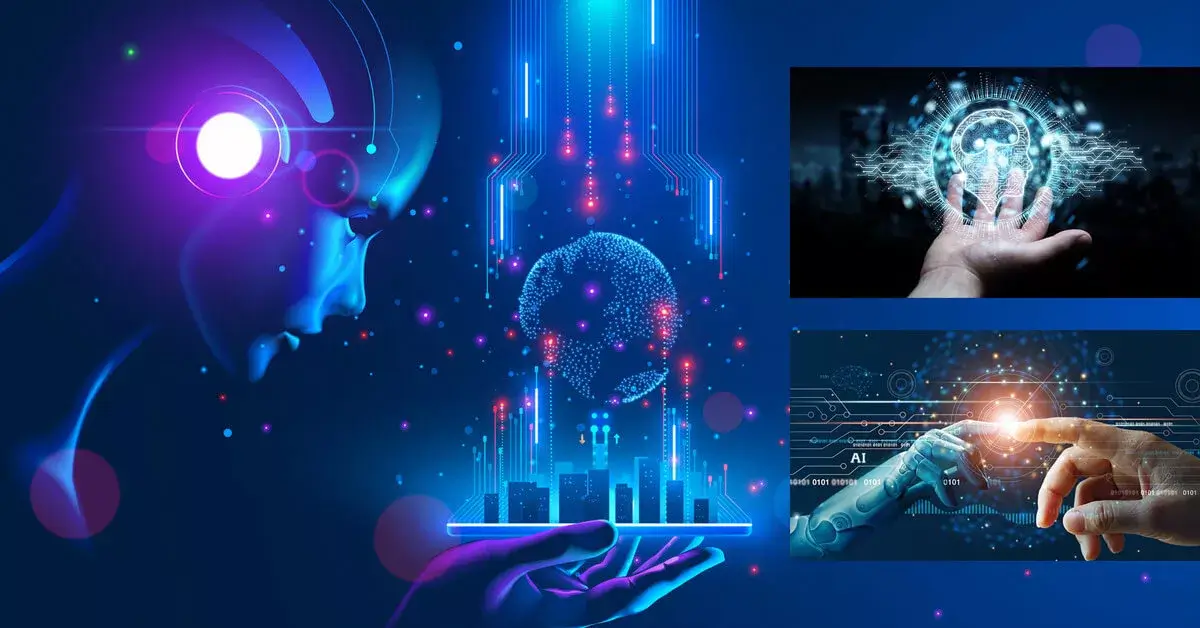Artificial Intelligence (AI) has emerged as a life changing technology that has the potential to revolutionize various aspects of our lives. From self driving cars to virtual personal assistants, AI is already making significant developments in many industries. But what does the future of Artificial Intelligence? This article covers AI’s latest trends and what to expect from this fast changing field. Learn about the future of Artificial Intelligence and its latest developments in this article.
1. Increased Automation:
People are already using AI to automate various tasks, and we expect this trend to continue in the future.
With developments in machine learning algorithms, AI systems are becoming more capable of performing complex tasks traditionally done by humans. This includes tasks such as data analysis, customer service, and even creative tasks like content generation.
AI-powered systems replacing some jobs may bring significant changes to the job market and work practices due to increasing automation.
2. Enhanced Personalization:
AI has the ability to collect and analyze vast amounts of data, allowing for highly personalized experiences.
AI will keep making personalized suggestions, content, and services based on people’s behavior and preferences in the future.
This could include personalized shopping experiences, customized healthcare treatments, and customized learning paths in education.
3. Smarter Virtual Assistants:
Virtual personal assistants like Siri, Alexa, and Google Assistant have become an important part of our daily lives.
In the future, these virtual assistants are expected to become even smarter and more capable, with improved natural language processing, related understanding, and ability to make predictions.
Interacting with virtual assistants could become more efficient and easy to use, resulting in even greater assistance with various tasks.
4. Increased Use of AI in Healthcare:
AI could revolutionize healthcare by enabling faster and more accurate diagnosis, personalized treatment plans, and better patient care.
AI algorithms can analyze vast amounts of medical data, including patient records, genetic data, and research papers, to assist doctors in making informed decisions.
In the future, AI is expected to play a significant role in being very exact medicine, remote healthcare, and drug discovery, leading to more effective and efficient healthcare outcomes.
5. Ethical and Social Effects:
We need to consider the ethical and social effects of AI as it becomes more powerful and common.
We need to address various challenges in the future, such as bias in AI algorithms, privacy concerns, and the impact of automation on employment.
Policy creators, technology experts, and society at large will have a crucial role in navigating the ethical and social effects of AI to ensure its responsible and beneficial development and use.
6. Developments in Robotics:
AI is closely connected with robotics, and developments in AI are expected to drive significant progress in robotics as well.
Industries such as manufacturing, logistics, and healthcare are already using robots powered by AI.
In the future, we can expect to see more advanced robots with advanced AI capabilities, including self controlled robots for tasks such as cleaning, delivery, and caregiving.
7. Enhanced Natural Language Processing:
NLP is an AI branch that enables machines to understand and respond to human language.
With developments in NLP, AI systems are becoming better at understanding and creating human language, which has significant results for areas such as customer service, content creation, and language translation.
In the future, we can expect NLP to continue to advance, leading to more smooth communication between humans and AI-powered systems.
8. AI in Transportation:
The transportation industry is expected to undergo significant changes with the combination of AI.
AI-powered self driving cars have been tested on roads, and we can expect wider acceptance of independent vehicles in the future.
AI can enhance transportation system safety and efficiency, reduce human error caused accidents, and optimize routes for better fuel efficiency.
9. AI in Education:
Expect AI to revolutionize education by providing personalized learning, automating administrative tasks, and enabling virtual classrooms.
With AI-powered educational tools, students can receive personalized learning paths, and teachers can gain understanding into student performance and engagement.
AI is expected to revolutionize education delivery and accessibility, making it more effective and available for learners of all ages.
10. AI for Social Good:
Artificial Intelligence is likely to aid in dealing global challenges, including climate change, poverty, and healthcare access, for social welfare.
AI can analyze large amounts of data to provide better understanding into complex issues, create predictive models for managing disasters, and optimize resource allocation in kind efforts.
Expect more AI initiatives for social good in the future, creating positive impacts on society and the environment.
Conclusion:
In Conclusion, Artificial intelligence will continue to transform our lives with promising technological advances in the future.
From increased automation to enhanced personalization, smarter virtual assistants to developments in robotics, AI in healthcare to ethical considerations, and AI in transportation to education, the potential applications of AI are vast and diverse.
It is important to closely monitor the developments in AI and its ethical results, while using its capabilities for positive impact in various industries and dealing global challenges.

